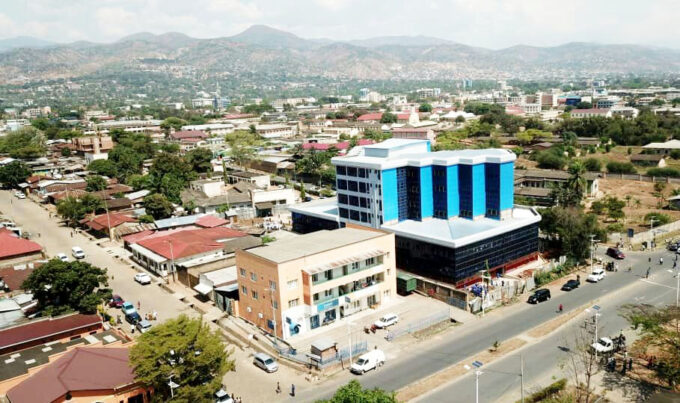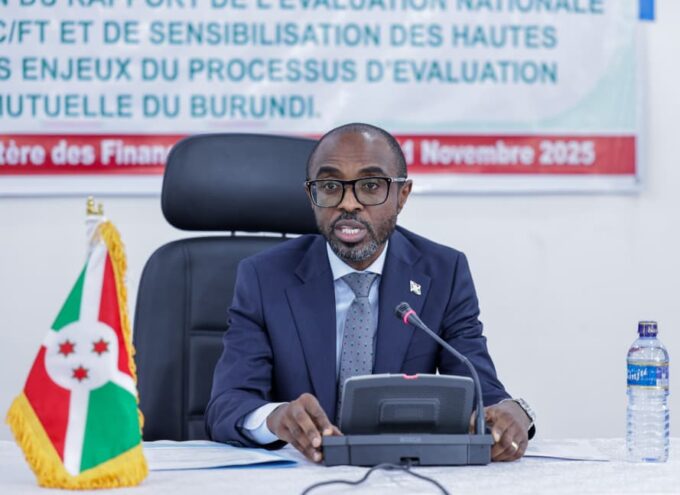The University of Burundi is grappling with a troubling wave of staff departures, with over 200 employees leaving their posts in the past five years. In a letter addressed to the Minister of Education earlier this week, Rector Audace Manirambona highlighted the alarming trend, warning of its potential to disrupt the university’s operations and compromise the quality of its services.
“We have observed a wave of staff departures from the University of Burundi, a trend that threatens to disrupt the smooth running of activities and negatively impact the performance of our services. As you can see…, the year 2024 has been particularly affected,” wrote the rector.
Manirambona further explained that the university is working on proposals to curb the exodus, saying: “The purpose of this letter is to alert you to the situation and inform you that the management of the University of Burundi is currently studying proposals aimed at curbing these departures, which will soon be submitted to you.”
Data from the rector’s letter shows that this trend has accelerated over the years, with 231 employees resigning since 2020. The departures included lecturers and other staff members, with the numbers increasing significantly in 2024, when 118 employees, including 41 lecturers, left the institution.
While the letter did not specify the reasons behind the resignations, some staff members attribute their decisions to inadequate salaries and worsening working conditions amid soaring living costs. “Lecturers and researchers, who are central to national development, struggle with outdated infrastructure and inadequate salaries,” said a lecturer from the Faculty of Medicine at the University of Burundi on condition of anonymity. “Faced with such despair, many seek refuge elsewhere, in international institutions or foreign universities that value their expertise.”
Another lecturer pointed to systemic disparities, highlighting that professionals with advanced degrees often earn far less than individuals with minimal qualifications in other sectors. “It’s unfortunate that a Deputy General Manager of a microfinance institution with only a high school diploma earns a salary many times greater than a professional with a PhD,” he said, adding, “For instance, an office assistant at the Burundi Revenue Authority (OBR) is paid more than I am, and that simply won’t work!”
The situation has sparked a broader debate about the role of education in Burundi’s development. “Investing massively in education is essential because a country without a solid university is a country without a future,” warned another lecturer.
Staff members are calling for urgent reforms, including salary increases, modernization of infrastructure, and career development opportunities to prevent further resignations and restore the university’s reputation. They caution that students are the ultimate victims of the crisis, facing diminished academic resources and a compromised future.
“A collapsing university means a sacrificed youth. A sacrificed youth means a nation fading away,” one lecturer said, echoing the sentiments of many others. The University of Burundi, once a beacon of hope for aspiring graduates, now risks losing its status as a cornerstone of national development.








3 Comments